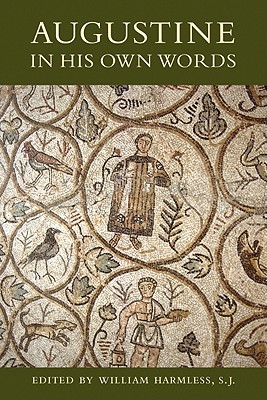
description
he recent uprisings that aimed to restructure societies around the world, but too often fell short From 2010 to 2020, more people participated in protests than at any other point in human history. But we are not living in a world that is more just and democratic as a result. In If We Burn, acclaimed journalist and author of The Jakarta Method Vincent Bevins sets out to answer a pivotal question: How did so many mass protests lead to the opposite of what they asked for? From the so-called Arab Spring to the Gezi Park protests in Turkey, to the "V for Vinegar" eruption in Brazil, to Ukraine's Euromaidan uprising, to the student movements in Chile and Hong Kong, Bevins aims to provide a deep history of these movements and their consequences. In doing so, he shows the ways in which the conventional wisdom in 2010 was wrong--but more importantly, he asks protesters and major actors what they wish they had done differently, as they seek to learn urgent lessons for the future. After carrying out over two hundred interviews in ten countries, Bevins carefully reconstructs the mass protests that defined a decade, adding needed understanding to how it is that such powerful explosions and impassioned calls for change have not delivered--at least not yet--the revolution they dreamed. If We Burn is a unique and captivating exploration of how a time of upheaval has changed the world, and how it may continue to do so.
member goods
No member items were found under this heading.
Return Policy
All sales are final
Shipping
No special shipping considerations available.
Shipping fees determined at checkout.







